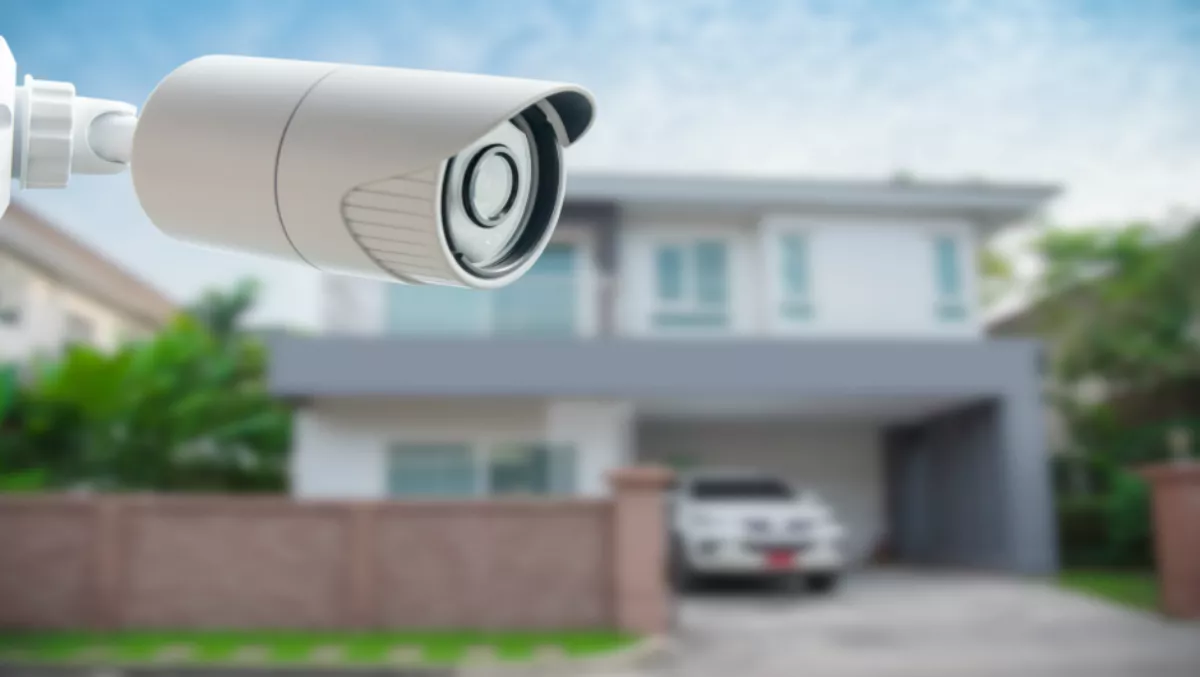
Your neighbours are watching: Smart cameras out of control
Imagine going out to your backyard to chill in the sun and absorb some vitamin D.
Completely unaware, you trip your neighbour's motion sensor cameras and they're now able to watch your movements through their smartphone whilst sitting at their desk scoffing a doughnut.
Unfortunately, this is a reality today. According to Secure Your World CEO and security expert Scott Cairns, smart home products such as motion sensor cameras are now the leading 'must have' preventative security product in the domestic market
And for good reason - they work.
"Most home robberies are opportunistic in nature. They happen when people don't lock their doors, leave windows open, or fail to properly secure their residence. A lot of thieves also target homes without security cameras. Statistics support this. They also show that insurance premiums can be lowered if a property has added security features," Cairns says.
"The Internet of Things (IoT) is really transforming the security industry. Motion sensor cameras not only tell thieves that your residence is monitored and probably sending an alert signal and images of their movements to your laptop or smartphone, but it also allows a real-time response.
So it obviously makes sense, but given the market's infancy, there is little knowledge around regulation or potential law breaches.
"While IoT has its benefits, the growing issue for many people is one of privacy," says Cairns.
"While cameras are placed around the external areas of a residence, they often tend to capture other areas around the home such as the front street, and side and back neighbours.
Cairns uses Australia as an example to get his point across.
"If you are looking to install a surveillance system to monitor your home, if you are doing it yourself, it can be difficult to place the cameras legally. In Australia, laws do vary from state to state, however, as a general rule, monitoring someone without their knowledge or consent is illegal when they are in an area that provides a reasonable expectation of privacy," says Cairns.
"Disputes and complaints involving neighbours using optical surveillance equipment which impacts on the privacy of others, are on the rise.
If you're interested in installing a smart camera network of your own, Cairns has a few recommendations:
- Speak to a home security expert to have the cameras professionally installed or professionally reviewed to ensure the cameras are being used in line with relevant laws and are being placed in locations where they are visible as deterrents but also able to capture essential movements
- Ensure you have lighting included in the cameras or near the cameras so movement can be detected and visually captured in the light
- Ensure the security cameras are linked via the internet so that you receive notifications 'real time' and are able to respond immediately

